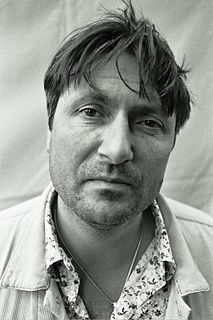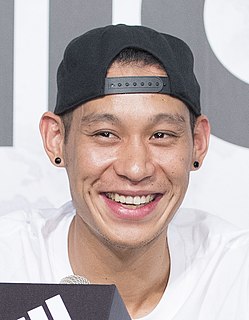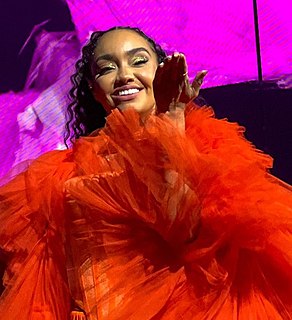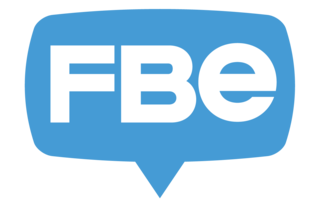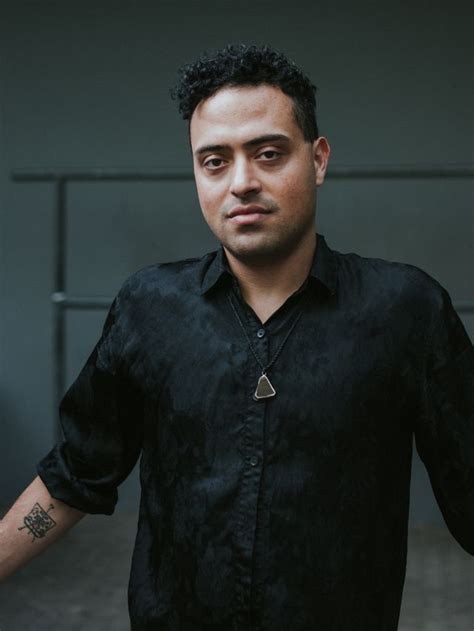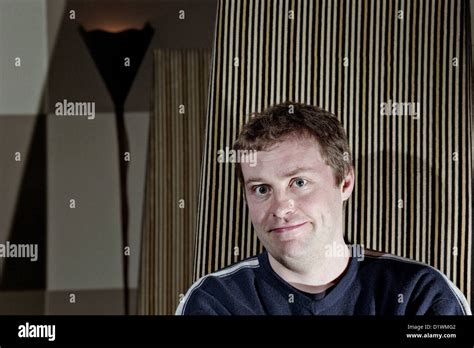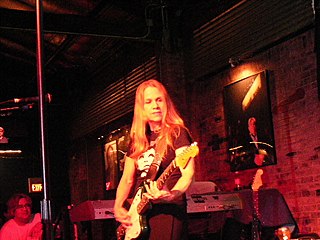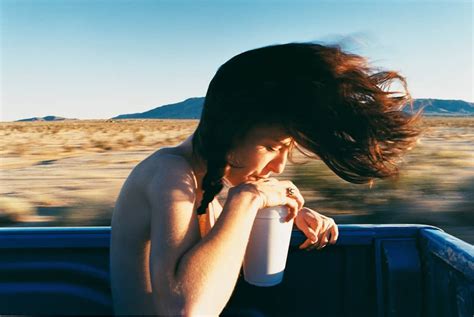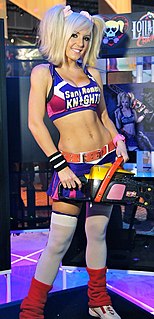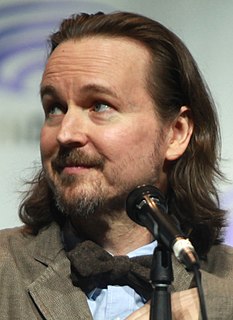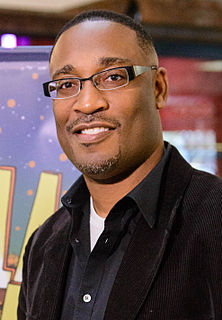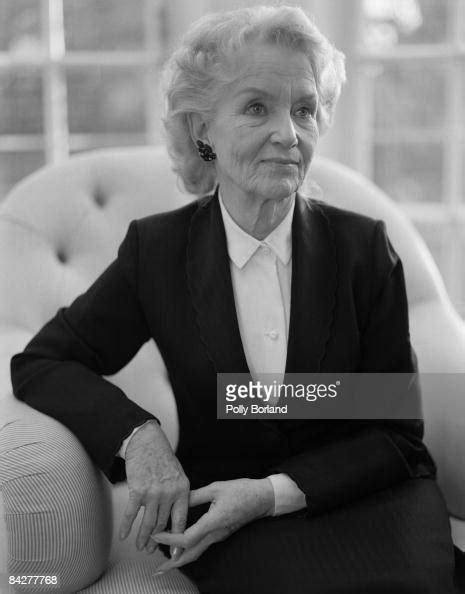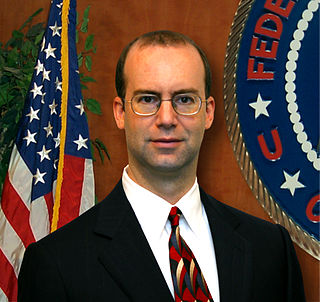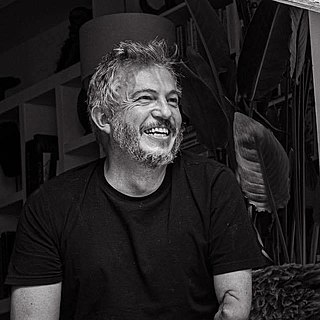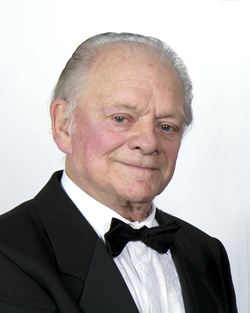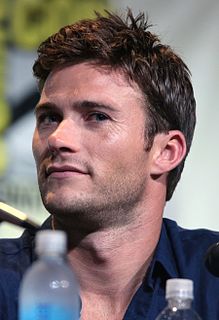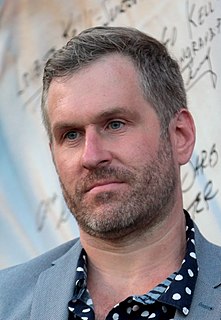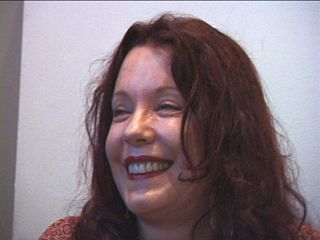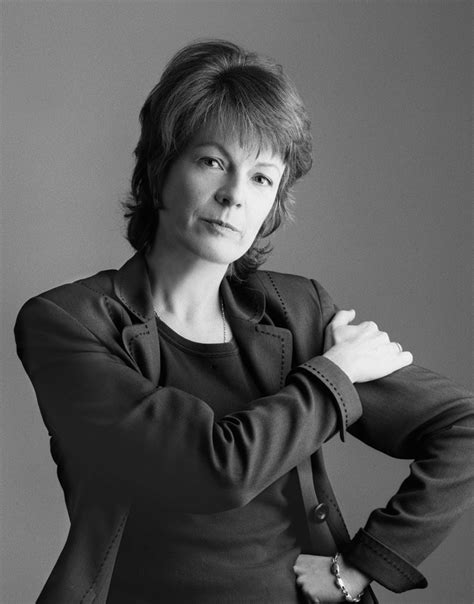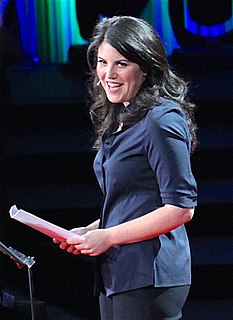Top 786 Documentary Quotes & Sayings - Page 10
Explore popular Documentary quotes.
Last updated on April 21, 2025.
I intend 'Dämmerung' to be an ironic meditation on the financial rewards of poetry and a tragicomic lament on the passing of time and the changes in literary taste. The other poets mentioned are my poetic cohort from the U.K. I wrote the piece in situ, as it were, while making a television documentary about World War I in Germany.
I never said that I was going to do a documentary talking about my experiences of colourism. I think people took it the wrong way with the working title - 'Leigh-Anne: Race and Colourism.' That's not what I was doing, I'm here to amplify the voices of darker-skinned women and hear their experiences.
A mockumentary is supposed to be real, and we were frustrated with mockumentaries on TV, which are so rampant because of the success of 'The Office.' It's not real. You watch and ask why is there even a crew there. They never set it up in the narrative. You have a documentary crew following families for reasons we don't understand.
When we were all kids, there was one particular trailer that I think we can all remember. That was the trailer for 'Close Encounters of the Third Kind.' There was an amazing teaser trailer with all this weird kind of documentary footage. We were like, 'What was that! I've got to see that! What the hell was that?'
I saw a documentary on the Naadam festival that happens in Mongolia during the summer. One of the features of it is a horse race across the plains that all the young men enter - some as young as 12 years old. It's such a spectacular sight. It's incredible to think that this is a tradition that has been going on for centuries.
Independent documentary isn't beholden to some of the interests that the mainstream media are influenced by. It's a pathway to renegade, independent reporting in an in-depth, investigative fashion, and it can do so with a compassionate lens; it allows people to speak in a way that is more human than the mainstream media approach.
Helen Weaver’s book was a revelation to me! Although I was a young woman in the fifties, I was there, but I wasn’t there! This is the most graphic, honest, shameless and moving documentary of what the newly liberated women in cities got up to–how they lived, loved and created. Who knew? It is time they did! And here’s how.
It is clear from a common sense viewing of the program that coarse language is a part of the culture of the individuals being portrayed. To accurately reflect their viewpoint and emotions about blues music requires airing of certain material that, if prohibited, would undercut the ability of the filmmaker to convey the reality of the subject of the documentary.
For me, documentary photography has always come with great responsibility. Not just to tell the story honestly and with empathy, but also to make sure the right people hear it. When you photograph somebody who is in pain or discomfort, they trust you to make sure the images will act as their advocate.
Documentaries - my God, there is so much going on in our country and in the world today that every time you open the newspaper or turn on the radio or watch the news on TV there is another documentary subject. We're getting the headlines for a second, shaped by corporate delivery most of the time, but what's really the story there?
It has taken a lot of persuasion for me to take part in an official documentary about 'Only Fools and Horses.' But, as time has gone on, it seems to have been imprinted in television history, and I thought it was only right that I tried to give an accurate insight into how the show was put together.
We cannot have a society in which some dictator some place can start imposing censorship here in the United States. If somebody is able to intimidate folks out of releasing a satirical movie, imagine what's going to happen when they see a documentary they don't like or news reports they don't like."
I have wondered if I might be placed on a watch list of some sort by the government, though. I know that the documentary filmmaker Laura Poitras, who is a friend and who has made documentaries about controversial Middle Eastern terrorists has had trouble at customs when she travels internationally - but nothing like that has happened to me.
The very act of representation has been so thoroughly challenged in recent years by postmodern theories that it is impossible not to see the flaws everywhere, in any practice of photography. Traditional genres in particular-journalism, documentary studies, and fine-art photography-have become shells, or forms emptied of meaning.
Many people in this world do jobs that are dangerous and where their life is at risk and they feel that there is some kind of value to their job I guess that's how I feel about what I do. There is a social function to documentary photography that is very important and it requires people to take risks.

